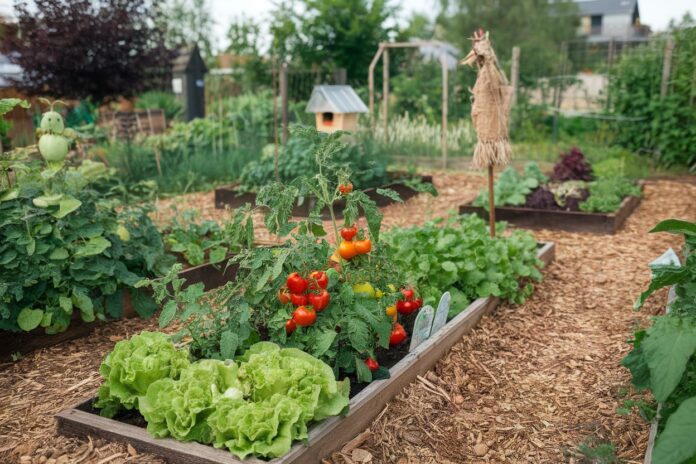Considering how concerned we are about the environment and health these days, is organic gardening truly worth the investment? It focuses on natural ways to grow plants, without using harmful chemicals. This method not only makes food healthier but also helps keep our environment balanced and diverse.
The USDA says organic farming is better for the earth and meets people’s desire to know where their food comes from. We’ll look at the good things about organic gardening, like better food and caring for the planet. We’ll also talk about the tough parts, like dealing with pests and spending more time gardening.
Understanding Organic Gardening and Its Principles
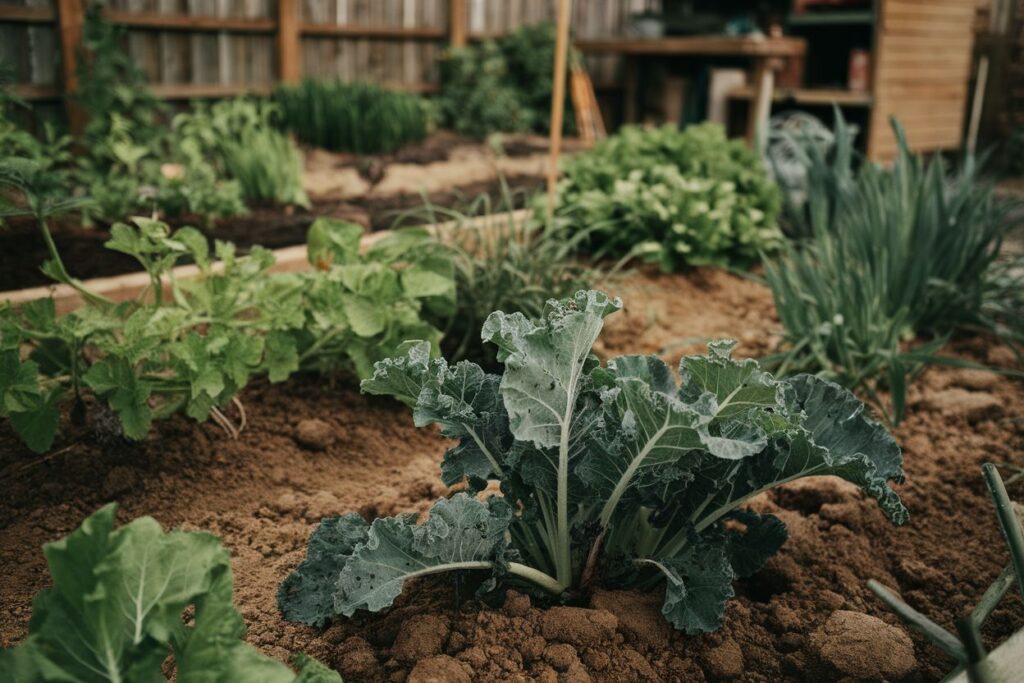
Organic gardening is a special way to grow plants. It uses natural methods and cares for the environment. It means no synthetic chemicals, healthy soil, and natural ways to keep pests away.
Organic gardening is all about keeping the ecosystem healthy. It avoids harmful chemicals. This way, plants grow well and the soil stays full of life.
Organic gardening has key practices like crop rotation and composting. These help the soil and keep pests away. They make the garden a self-sustaining place. This is good for the planet and for people who live nearby.
It offers many benefits. It can improve your health, help the environment, and save money. Learning about these advantages can make you want to try organic gardening.
Organic food is known for its health benefits. It has fewer pesticides than non-organic food. Studies show organic fruits and veggies have more antioxidants, which are good for you.
This makes organic gardening a great choice for healthier eating.
Organic gardening is good for the planet. It saves soil, improves water, and uses less fossil fuel. It also helps make farming more sustainable and keeps our environment safe for the future.
While organic food is pricier, growing it yourself can save money. You can cut down on grocery bills. Plus, you can sell your organic produce for more money, making it a profitable hobby.
Challenges and Considerations of Organic Gardening
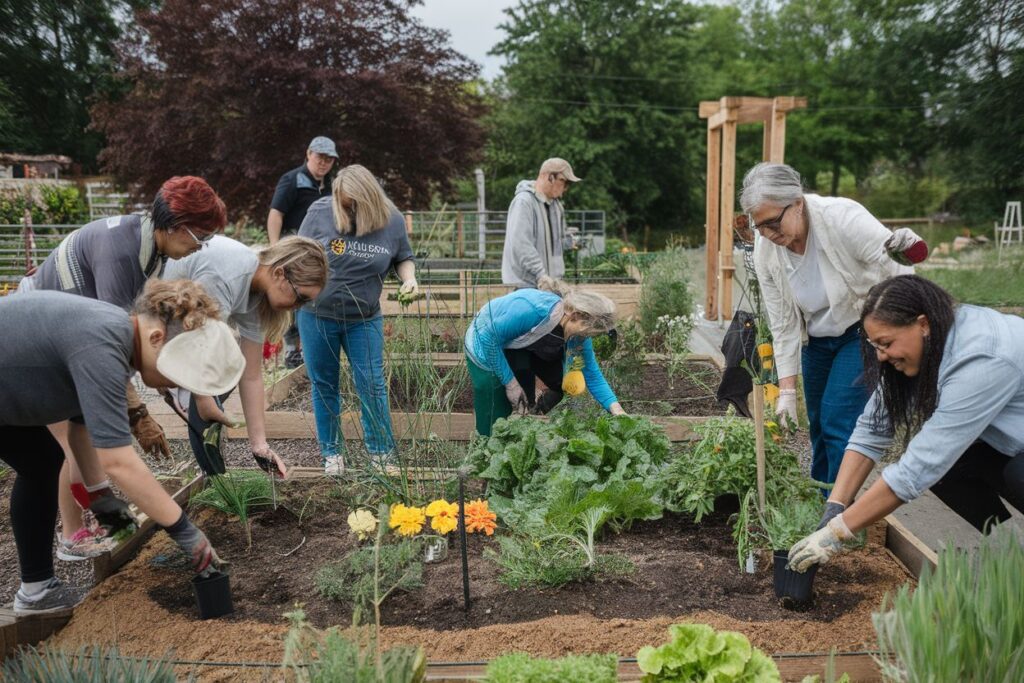
Organic gardening comes with its own set of challenges. Gardeners face issues like managing pests, keeping soil healthy, and dedicating enough time. Each of these areas is crucial for a garden’s success.
In organic gardening, pest control is different because you can’t use chemical pesticides. Gardeners might remove pests by hand, introduce beneficial insects, or use organic pesticides. This approach needs more attention and can be more work, making it a big challenge.
Soil health is key to a good organic garden. Keeping the soil healthy takes a lot of effort, like composting, mulching, and rotating crops. These steps are vital for soil quality and preventing it from getting worse. If you ignore this, your garden might not grow well or have enough nutrients.
Organic gardening takes a lot of time. From planning to taking care of it and harvesting, it’s a big time commitment. For people with little free time, it might be hard to keep up with organic gardening as a hobby or project.
Getting Started
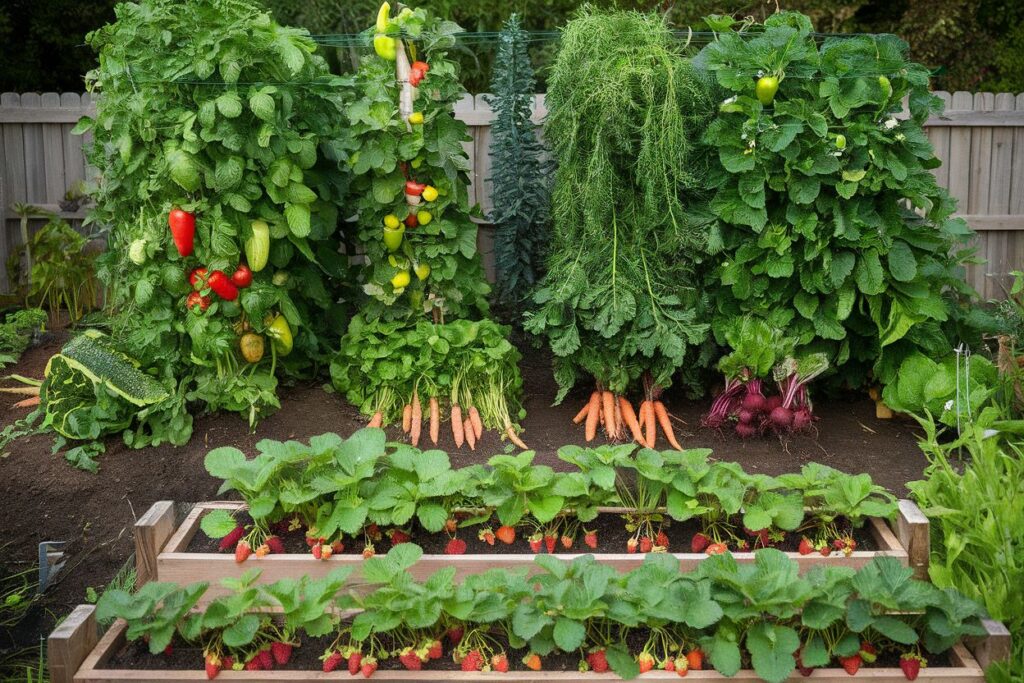
Starting your organic garden is a journey with practical steps. First, find the perfect spot and prepare the soil. Then, pick healthy plants and organic seeds for a great experience.
Choosing the right spot is key for your garden’s success. Look for places with lots of sunlight and good drainage. Also, make sure you have easy access to water for your plants.
Testing your soil is important too. It shows you what nutrients your soil needs. This helps you make it better for your plants to grow well.
Choosing the right plants and seeds is crucial. Pick varieties that resist diseases and fit your local climate. Using organic seeds and seedlings helps your plants grow strong and healthy.
The Science Behind Organic Gardening
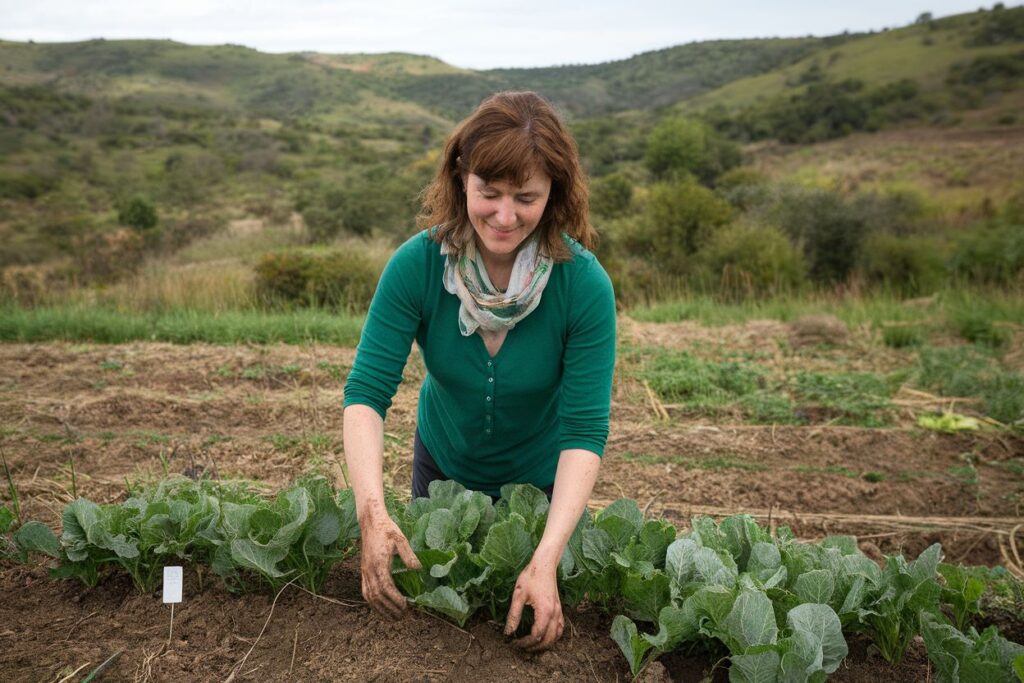
Organic gardening is based on understanding the complex relationships in nature. It focuses on soil microbiology and biodiversity. These are key to growing healthy plants and creating sustainable gardens.
Soil is a living world, full of tiny creatures that help plants grow. These tiny beings break down organic matter, making nutrients for plants. This makes the soil better for plants and helps them fight off diseases.
Biodiversity is crucial in organic gardens. It brings balance and strength to the garden. By growing different plants, we attract helpful insects and pollinators. This not only boosts garden productivity but also keeps diseases at bay.
Is Organic Gardening Right for You?
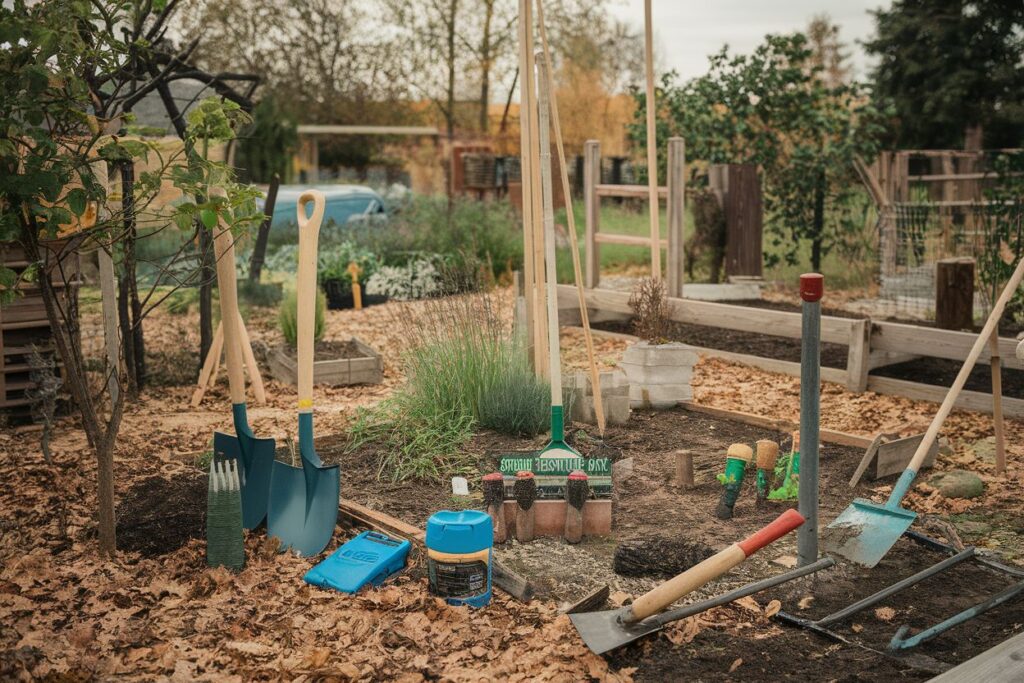
Doing this type of gardening means looking at your life closely. You need to see if it fits with your daily life, values, and how much time you can give it.
This needs a big commitment. You should think about if you have the time and energy for it. It’s important to know how much you can give to your garden without losing focus on other things.
When you think about gardening organically, you need to look at the costs and benefits. This means thinking about money, but also about the health of your food and the planet. Knowing these things can help you make a better choice for your garden.
Conclusion
As we wrap up our look at organic gardening, it’s clear it’s both rewarding and challenging. The benefits of this far outweigh the hard work it takes. You get healthier food, help the environment, and might even save money.
This is great for those who love nature and want to make better food choices. But, it’s important to think about if it fits your life and goals. Weighing the pros and cons will help you decide if it’s right for you.
Organic gardening is more than just a way to grow food. It’s a step towards caring for our planet and ourselves. If you’re up for the challenge, you’ll enjoy a healthier life, protect the environment, and learn to appreciate nature’s diversity. Remember, the journey to a successful organic garden is just as important as the harvest.


